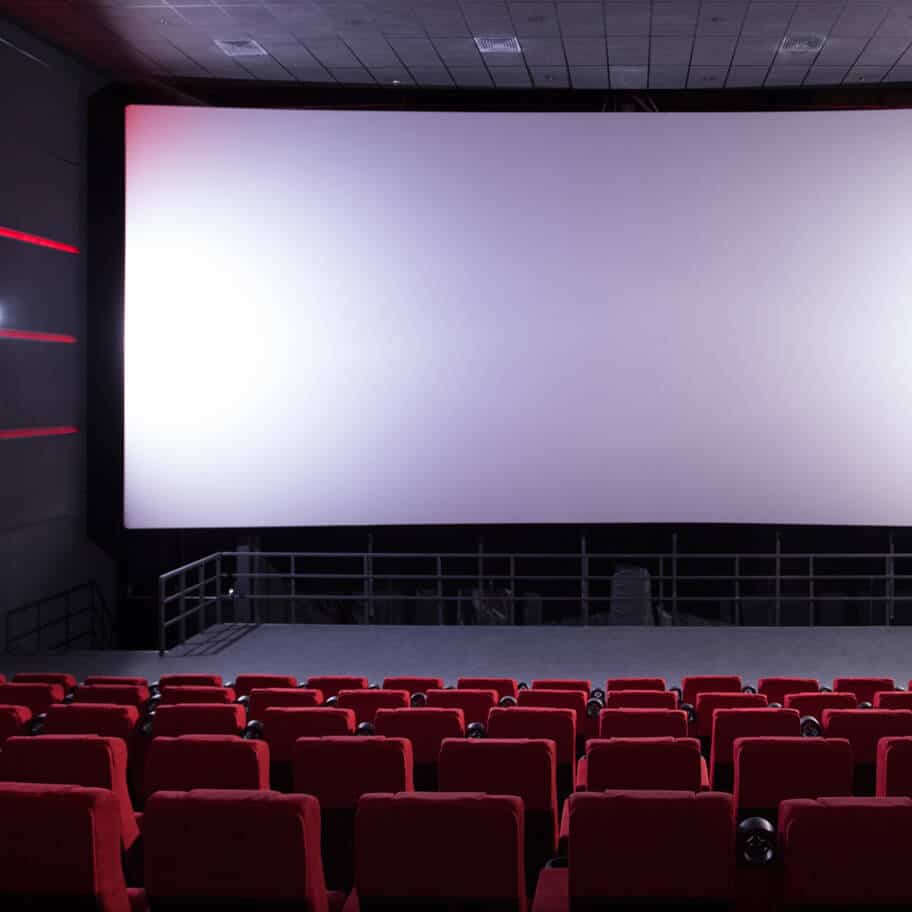Slips, Trips and Falls
The types of accidents and injuries caused by cinema accidents vary and can happen to all cinema users, including both staff and customers. The most common claim for an accident in a cinema are slip, trip and fall claims from slipping on a wet floor that had just been mopped or from a spill that was not cleaned up in an appropriate time frame, for example.
Who is Liable?
If you wish to make a personal injuries claim for a cinema accident you must first prove liability. If you have contributed to your accident in any way, you may not be eligible to make a claim. In most cases, the cinema operator may be held liable if they have failed to provide a reasonable duty of care and have acted in a negligent manner. The operator should carry out frequent risk assessments and eliminate any potential hazards that may cause an accident or injury. They also have a duty to provide relevant and sufficient training to staff members as this will help to reduce risks.
Common Injuries
Injuries sustained in cinema accident claims include:
Causes
Accidents in a cinema are usually caused by human error or failure on the cinema’s part to provide a hazard free environment where possible. The most common causes of accidents are:
Slipping on a Wet Floor
In cases where the staff of a cinema have failed to clean up a spillage in an appropriate time frame or failed to clean it up at all, a person could slip and injure themselves. Also, in cases where a staff member is cleaning up or has just cleaned up a spillage and has not displayed a wet floor sign a person may slip and fall causing themselves injury.
Obstructions Left on the Floor
Where staff have left items on the floor people may trip and fall. In cases where items are left on the floor by other cinema goers and staff have failed to pick them up, accidents may happen.
Damaged Seating
Where a cinema is not kept the highest standard of cleanliness, seats may become torn or faulty. In these cases, a person can injure themselves off the seat. The cinema may be held liable for the accident in these cases.
Inadequate Lighting
While a cinema is dark for the duration of the movie, illuminated aisles and walkways should be present to help a person see where they are going. In cases where there are no visual aids (illuminated walkways), the risk of accident increases and the cinema may be held liable for the accident.
What do I do if I'm involved in a cinema accident?
Following an accident in a cinema, there are a number of steps you should follow:
-
Seek medical attention
Your health is your wealth and should be your first priority. Immediately after an accident, take a second to assess yourself to determine if you have any injuries. Then check if anybody else involved in the accident needs medical attention. If anybody has sustained a serious injury, ensure that you contact an ambulance to attend the scene.
You must remember that minor injuries where you ‘feel fine’ could progress to a more serious injury in the future. In this case, it is always better to be safe than sorry and advisable that you go to your nearest accident and emergency (A&E) or local GP to be checked out.
-
Report the accident
It is important that you report the accident to management. You may be required to assist to fill in an accident form. This is to provide them details of how the accident occurred and details of the injury. You should also request that they preserve any CCTV footage.
-
Identify any witnesses
Collect contact details of any witnesses to the accident – their names and contact information.
-
Document the incident
It is important that you collect all the relevant information in connection with your accident:
- How the accident happened, time and date of the accident.
- Details of any witnesses to the accident (Including staff and other customers); their names, contact information.
- If there are any CCTV recordings of the accident.
- Take pictures from different angles of where the accident happened and what caused you to slip, trip or fall.
- Take pictures of any injuries you suffered, this will help your solicitor to understand how the accident happened.
-
Speak to a personal injury solicitor
If you are considering moving forward with a claim for any personal injuries sustained, it is advisable that you speak with a public place accident claims solicitor as soon as possible. If you are proceeding with a claim, the first step will be submitting your claim to the Injuries Board for assessment. A solicitor can help you prepare your application to the Injuries Board and ensure that you follow the process in the correct format, meaning that you can move forward with your claim quickly without unnecessary delays.
It is important to remember to keep copies of any expenses that you have incurred as a result of the accident. It is also imperative to retain copies of medical reports or incident report forms where possible as you will need them when making a claim.

